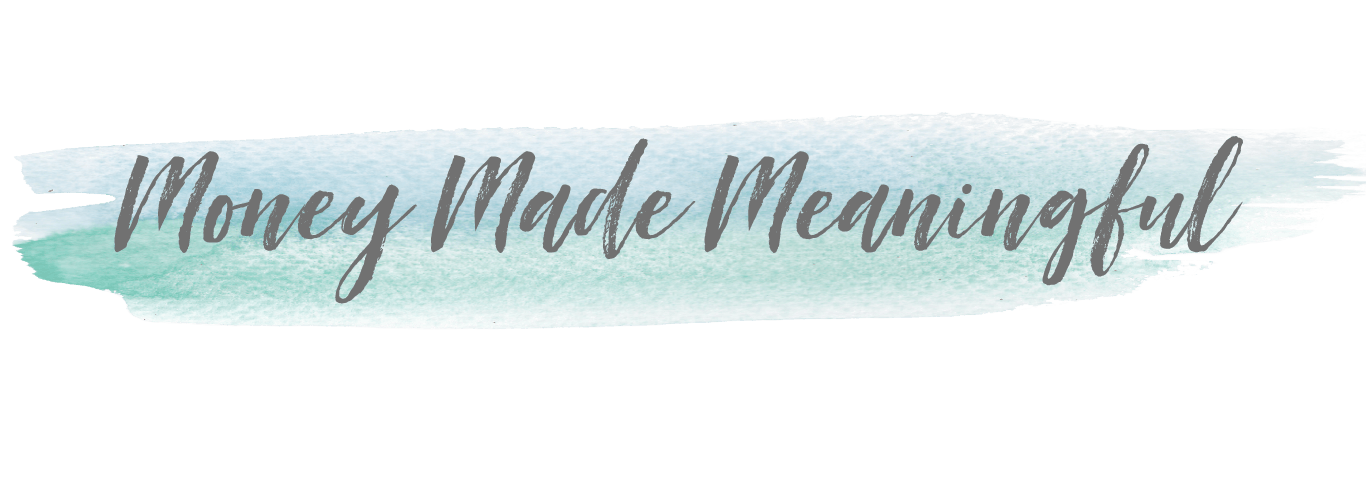My two –year old daughter, Ella, is adventurous, fun, sweet and also extremely independent! She has her own will and she knows how to exert it. The trick to getting her to do things like put on her shoes or get ready for bed is to appeal to something she wants to do. I’ve tried the screaming, yelling, and threatening, even the bribery and rewards. What I have found most effective has been finding some way to get her to want to cooperate.
But this story is not about parenting advice. In fact, I don’t want you to put yourself in my shoes. In this story, you are two-year old Ella. I want you to remember that feeling of wanting to do it your way, wanting to make your own decisions. I want you to remember the internal resistance you felt before you learned to yield to other people’s wills. (Seriously, close your eyes for a second and think about someone asking you to do something.)
Now think of doing something you really WANT to do? (Go ahead, close your eyes again and think about it.)
Feel the difference?
See there are two types of energies we use to motivate us to take action. There is “intrinsic motivation” which comes from inside. It’s doing something because of the enjoyment or satisfaction that comes from it. It’s because you WANT to. It feels easy because the energy is already there to follow through, in fact the energy to make it happen will push you into action.
The second energy force is called “extrinsic motivation”. It’s when the external motivators put you to action. Sometimes it can be fear based, sometimes reward based, but it comes from the outside. Someone or something else is motivating you to take action. In most cases it doesn’t feel as easy, there’s more effort to follow through, and often there’s some level of internal resistance you fight against to move into action.
It’s this external or extrinsic motivation that you are often operating under when you make financial decisions like creating a budget or saving for a future goal. And when you combine that with will-power (which remember from my previous post, is exhaustible) to carry through with those decisions, you’re having to allocate even more of your precious energy to making it happen.
Let’s go back to being a two-year old for a moment….
No matter how much “Mommy” tells you, you need to brush your teeth because it’s good for your health and one day your future-self will thank you, you could care less. It feels irrelevant to you in the moment. Maybe seeing others do it or because you want to make “Mommy” happy you’ll be motivated. But depending on your personality and what other things might be drawing your attention, like continuing to play with your toy, you’ll resist brushing your teeth.
(Can you see the parallels I’m making here between brushing your teeth and taking care of yourself financially?)
How do we overcome that resistance and make it easier? Well in my house when Ella doesn’t want to brush her teeth I use a little trick. I ask her if she would like to brush my teeth. Nearly every time it works, because she thinks it’s fun. She brushes my teeth and I brush hers. There’s no battle of the wills because intrinsically it’s something she wants to do. I’ve tapped into two things she wants, more time with me and to have fun.
It’s this same intrinsic motivation, the I’m doing it because I WANT to motivation, that you can activate in your own grown-up life when it comes to money. Using the right motivation can make all the difference in your spending and the decisions you make.
You just need to get a little creative and find ways to activate those internal motivators. Tap into the energy that drives you forward because you WANT to.
Would you like some ideas on how to do that? Awesome, that’s coming up next.
Here’s a sneak peek…
Start by getting in touch with what it is you really want.
Then ask yourself what does my life look like when the things that are most important to me are front and center? How do I need to allocate my time, my energy and my money so that I’m nurturing what matters most?
When you start answering these questions you start changing your entire approach to money (not to mention time and energy) and how you make decisions.
We’ll dive into this even more next, so stay tuned!
